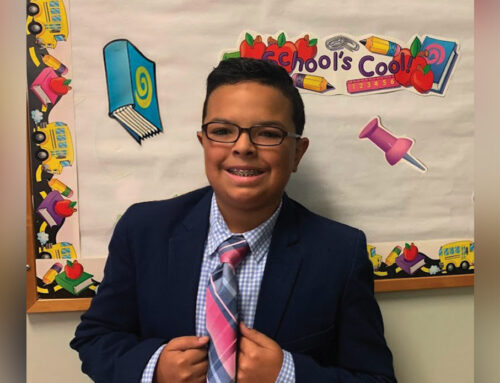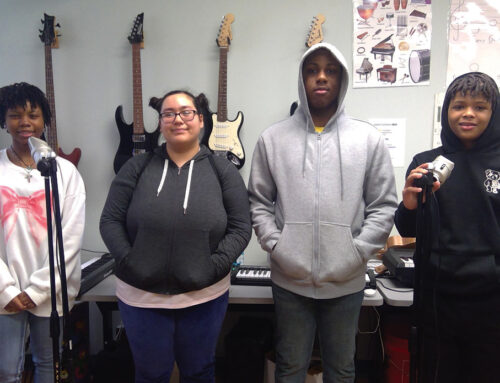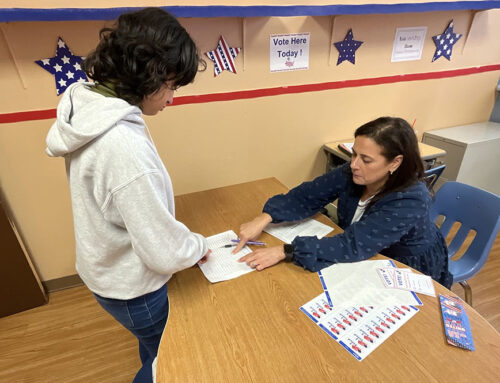Following is an excerpt of an article by Westbridge Academy Executive Director, Dr. Viviana Litovsky on providing assistance to children who are experiencing stress.
View the full article published at Exceptional Parent Magazine, or at NJCommonGround.org.
by Viviana Litovsky, Ph.D.
These days, it isn’t hard to find someone who feels “stressed out.” The pace and volume of stimulation from family, friends, school, electronics, sports, and social media — just to name a few— is enough to overwhelm anyone, including children and teens with disabilities. Given the demands of life in the 21st century, it is often challenging for families to find balance while maintaining a household and supporting a child with disabilities.
Stress is primarily a physical response, but it can be experienced and expressed in many ways. When we feel stressed, the body thinks it is under attack and enters into a ‘fight or flight’ mode. Hormones (adrenaline, cortisol and norepinephrine) flood into our bloodstream, getting the body ready for physical action. We feel our heart pound, our breathing becomes faster and shallower, blood flow is diverted to muscles, and important bodily functions — like digestion — slow down. We are ready for a fight… or ready to run.
Not all stress is bad. In fact, stress can be helpful because it can give us the energy needed to tackle a new task, improve performance, or get through a challenging deadline. And the body’s response is very adaptive if there is a real emergency, such as a fire.
But when we experience stress every day, and throughout the day, it can be damaging.
As an educator and psychologist, parents and teachers often ask me for advice on ways to slow down the frenetic pace of living, and for strategies to help their child manage stress. Here’s some guidance that can help caring adults balance their children’s needs for positive growth and development while creating opportunities to relax, have fun and enjoy life.
In order to help children cope effectively, it is important to first understand and identify how a child is emotionally and mentally processing life. One useful framework that psychologists often use is Cognitive-Behavioral Theory (CBT), which looks at humans’ essential functions within three basic domains: thoughts, feelings, and behaviors.
View the full article published at Exceptional Parent Magazine, or at NJCommonGround.org.








